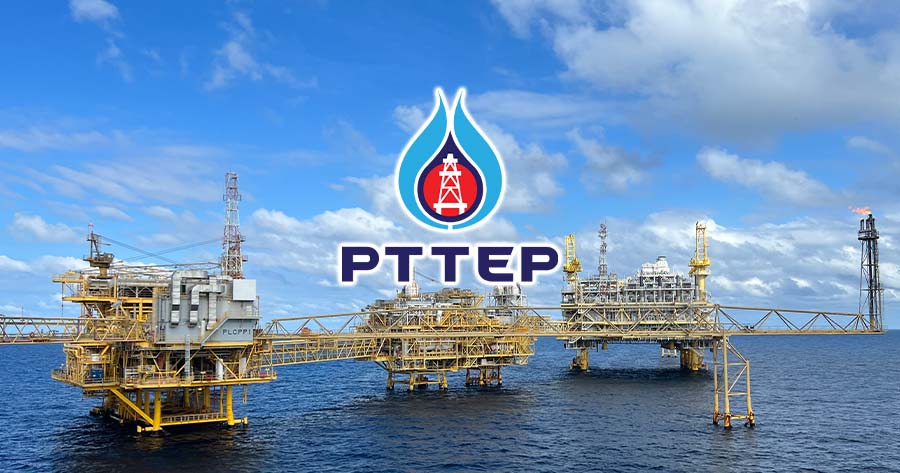Montri Rawanchaikul, CEO of PTT Exploration and Production Public Company Limited (SET: PTTEP), announced that the company has made a final investment decision (FID) on the Carbon Capture and Storage (CCS) project at the Arthit gas field in the Gulf of Thailand.
This pioneering project will allow for the capture and reinjection of up to 1 million tons of carbon dioxide annually—making it the first CCS initiative in Thailand and a significant step in leveraging advanced technology to reduce greenhouse gas emissions.
This CCS project aligns with the government’s strategy and is incorporated into the Nationally Determined Contribution (NDC) Action Plan on Mitigation 2021–2030. As a national oil and gas company, PTTEP is committed to implementing tangible action on climate change through this flagship project at the Arthit field.
PTTEP has thoroughly prepared for this CCS initiative, undertaking studies ranging from the selection of suitable underground storage reservoirs at depths of 1,000–2,000 meters to comprehensive engineering design and long-term monitoring strategies. Monitoring includes subsurface well data collection and both surface and seabed verification processes, ensuring that CO2 management is both safe and effective.
The company plans to utilize part of the existing infrastructure at Arthit, alongside new installations, with operations to commence CO2 reinjection by 2028. The injection rate will ramp up to the project’s maximum designed capacity of 1 million tons of CO2 per year over time.
The project requires a five-year investment of approximately THB 10 billion (equivalent to $320 million). Importantly, these operations will not disrupt natural gas production at the field.
The Arthit CCS project has also received endorsement as a priority action under the NDC Action Plan and has gained approval in principle for supportive investment incentives, including tax measures. Further details are now under discussion with relevant authorities as part of the broader push towards Thailand’s target for greenhouse gas reduction.
CCS technology essentially operates as a “reverse process” of oil and gas production: while traditional operations extract natural gas from underground for national development and daily life, CCS captures and injects CO₂ back into suitable underground formations.
This investment strongly demonstrates PTTEP’s commitment to greenhouse gas mitigation. CCS is a pivotal technology, both domestically and internationally, that complements other clean energy advancements to systematically address climate change. The Arthit CCS project serves as a pilot and model for future developments, such as the proposed Eastern Thailand CCS Hub in the Upper Gulf of Thailand, which holds significant potential to support Thailand’s greenhouse gas reduction goals and enhance long-term economic competitiveness, said Montri.
Beyond the Arthit CCS endeavor, PTTEP is advancing other initiatives to reduce emissions: these include reintegrating excess gas from petroleum production, improving production processes, increasing use of renewable energy, prioritizing low-emission projects in its portfolio, and large-scale reforestation programs, both on land and in mangrove areas, to expand green cover and further sequester greenhouse gases.




